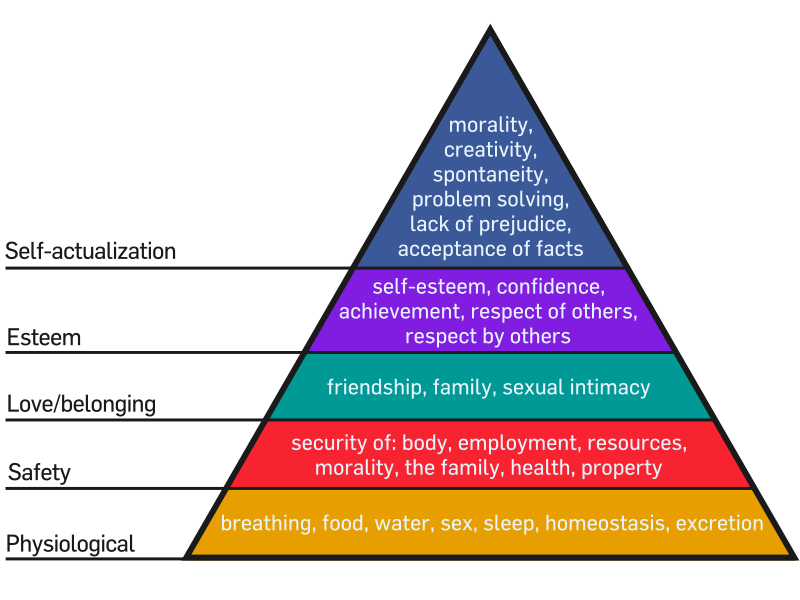The day after the election—this is the day difficult to imagine ever coming. In the thick of the piercing attack ads, the tightening polls, and the wild prognostications, a clear-cut conclusion seems forever out of reach. But time keeps ticking, Election Day comes, and the dust eventually settles. Wiping away the dust after this election cycle revealed the re-election of President Obama in the middle of the worst economy since the Great Depression. The Left is exuberant while the Right scratches its head. And inevitably, with the beauty of hindsight, the analysis begins.
The election was decided by two essential factors—and neither one of them pertains directly to policy. The first one is demographics; the second one is personality. From the Republican point of view, the latter is easily remedied but the former should be absolutely terrifying. As no stone is left unturned by the thousands of pundits and experts that craft opinions of events as overwhelmingly analyzed as presidential elections, I’m not claiming that these two factors have not already been explored at length. Nonetheless, these two jump out at me.
America is becoming more diverse. There’s no sidestepping that fact. The percentage of white people in America is fast declining. Here’s a little “if A, then B” logic with serious demographic generalizations worked in: the Republican Party is the party of old white men and the Democratic Party is the party of the others (young people, minorities, single women). If old people die off while America becomes less white, Democrats by default will increasingly receive a larger share of the vote into the future. Period. As long as age and race remain a good predictor of one’s vote (which is a sad reality), the Republican Party in its current form will be rendered obsolete. The Republican Party has absolutely no choice but to expand its net—it has to appeal to, cater to, reach out to, whatever-you-want-to-call-it to minorities, single women, and young people, or risk going the way of the Whigs. Fittingly, prominent voices on the Right are already softening their stance on illegal immigration or calling for outright amnesty.
The personality factor is an all-encompassing term I’m using to describe charisma, likeability, and personal story. Mitt Romney fell flat on this. Though the Romney campaign was successful in a late push to ameliorate the profoundly negative persona painted of him by the Obama campaign, the feeling that Romney was out of touch and weird was still entrenched. The best barometer for this phenomenon in American history is my mom. She has a near impeccable record of voting for the winning presidential candidate. I’d call her the quintessential middle-of-the-road, average, persuadable nonpartisan American voter. At the end of the day she simply votes for whom she feels cares the most and for whom she sees as the most normal and likeable person. That’s it. When she voiced dislike of Mitt Romney for being stiff, unlikeable, and awkward, I knew it was over. This woman voted for Obama in 2012 and 2008, Bush in 2004 and 2000, Clinton in 1996 and 1992, and she thinks possibly for Bush Senior and Reagan both times (and possibly even Carter and Nixon). She’s not hyper political so she has trouble recalling her voting record from previous decades, but you get the point.
Encouragingly for the Right, the personality factor is remedied much easier than the demographic one. They can blame the vessel, the messenger, not the message (though no one is arguing the bizarre rape comments from some Republican senate candidates helped). But Romney did much to shoot himself in the foot, primarily with the 47% comments. A more at-ease, amiable candidate closer to resembling an average person would have had a great chance of beating Obama. But either way, the Republican Party has some work to do. It appears that some sort of civil war might ensue between the Tea Party/purist wing and moderate/establishment arm. There’s the conundrum they face where one side says they lost because the candidate was not conservative enough, claiming that Democratic-light or RINO (Republicans in name only) candidates always lead to losses (McCain, Romney), while the other side sees a far right-wing agenda as being out of touch with main stream America and, therefore, guaranteeing losses.
Martin Luther King Jr. said “the arc of the moral universe is long, but it bends towards justice.” That’s how I view this election. That the hateful speech of the far right-wing was rejected, and that the Republicans were not able to get away with ignoring minorities, young people, and single women is proof of the above quotation. The reality that a competition will ensue between both parties to appeal to the traditionally ignored segments of society benefits everyone and represents that bend towards justice in action.

